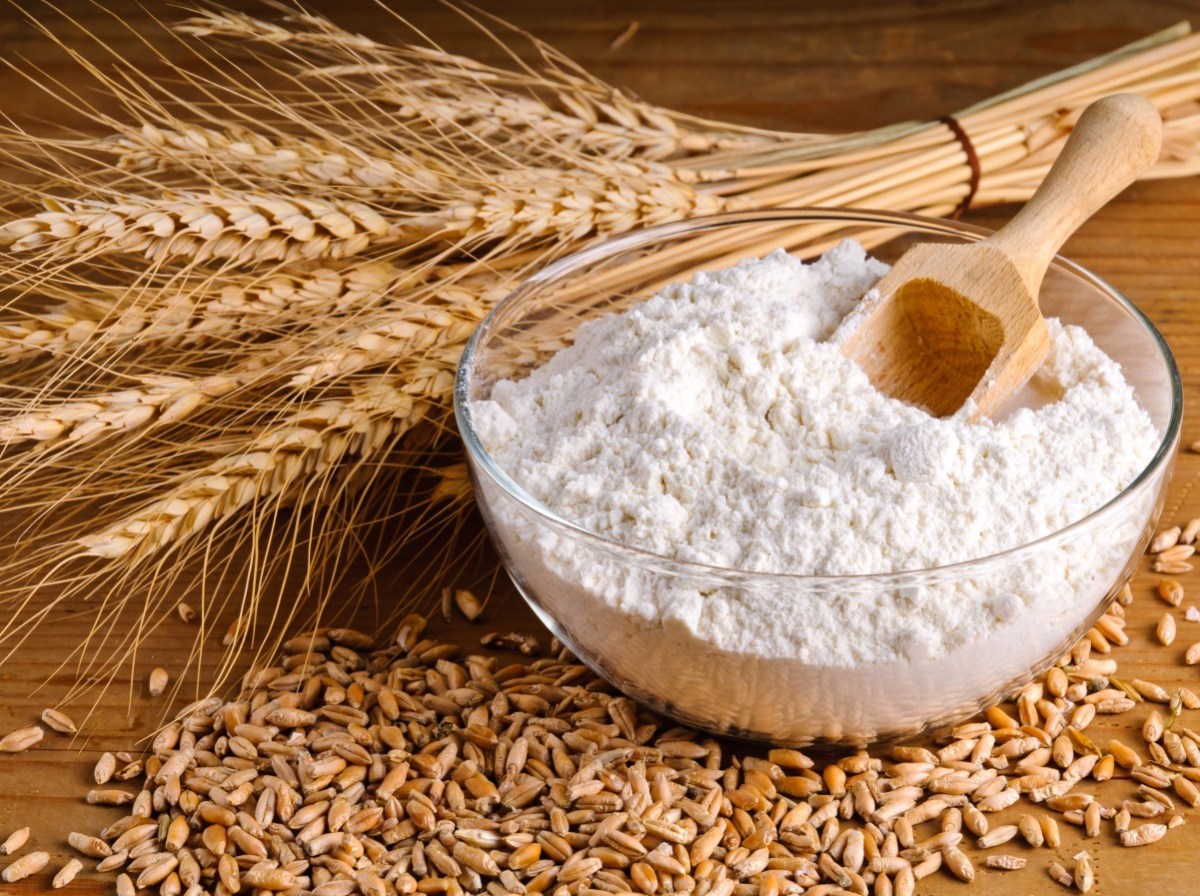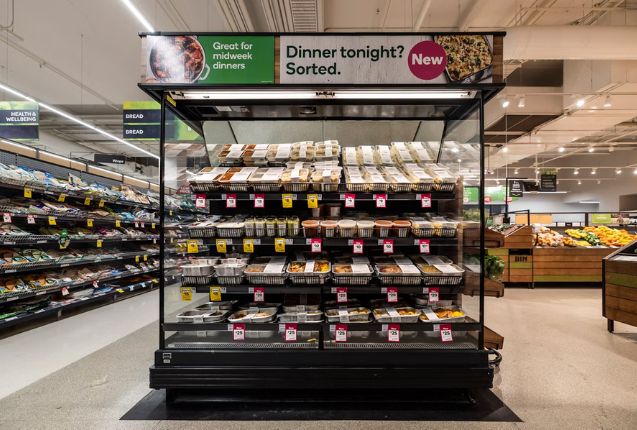Under the pressures of the global Covid-19 pandemic, New Zealand’s $2.1 billion arable industry has emerged as the quiet achiever behind many of our nation’s every day essential products. As the strong demand for flour during Covid-19 demonstrated, our locally grown grains form an important part of many New Zealanders’ diets.
High quality arable crops such as wheat, barley, oats, maize and seeds harvested on some 180,000 hectares around the country might not receive the same attention as their horticultural counterparts such as kiwifruit or avocados, but their value to our nation’s economy is just as important.
While many of the products made by arable crops are easily identifiable such as the bread, pasta, beer and oils on supermarket shelves, the industry is also critical to the success of our more than $20 billion livestock industry as the source of seed for pastures and grain and silage for complementary animal feed.
The Foundation for Arable Research, (FAR), has been supporting arable growers throughout New Zealand for a quarter of a century. Chief Executive of FAR, Dr Alison Stewart, says the industry’s importance to New Zealanders has never been greater.
“Arable growers around New Zealand work tirelessly to provide an essential source of nutrition for families around the country. The team at FAR are proud to recognise the role of these unsung heroes whose efforts fuel our local economy, particularly in times of hardship and disruption such as those experienced this year.”
While remaining relatively unknown to their fellow Kiwis, New Zealand’s arable growers are the most productive in the world. The 11,500 workers employed in the sector produce an astonishing 60 percent of the world’s radish seed and are also global leaders in the production of carrot, ryegrass and white clover seed. They also hold the world yield records for both wheat and barley.
“The quality of New Zealand-grown arable products is exceptionally high. We’d love to see more Kiwis actively seeking out products made with locally-grown grains and seeds to support the continued growth of the industry,” says Stewart.
Much of the work undertaken by FAR in recent years has been focused on the environmental sustainability of the arable industry. Grown on some of our most valuable, fertile land, the management of this land for future generations is at the heart of the organisation’s work.
“Arable growers are proud kaitiaki of the land they farm. This is high value land so returns must also be high to justify investment and that in turn must be balanced with long-term sustainability.
“The use of water in arable cropping is a good example of balancing these needs with research by FAR assisting growers to ensure crops grow to their best potential, and water and nutrients are carefully managed,” says Stewart.
The resilience of the local arable industry has become even more important in 2020. In the face of a global pandemic and disrupted international supply chains, locally grown arable products provided a lifeline for New Zealand families. Dr Stewart believes that the growth of the local industry is an important way to ensure food security in years to come.
“Protecting and supporting our local arable industry will ensure the unlimited, affordable access to high quality, nutritious food products for all Kiwis.”
About New Zealand’s Arable Industry
Arable production includes everything that is grown as a crop and harvested by combine. This includes cereals, maize, grass and legume seeds, and high value vegetable seeds. Arable crops are produced on 180,000 hectares of land around New Zealand with the bulk of production centred in the Canterbury region, Southland, Manawatu, Hawkes Bay, Gisborne and Waikato.
Annual sales of arable products in New Zealand are approx. $800 million. Annual export sales, principally of high value seed, are $220 million per annum. A significant contributor to New Zealand’s economy, the annual direct and indirect spending associated with the arable industry is $2.1billion.
About the Foundation for Arable Research (FAR)
Formed in 1995, FAR (The Foundation for Arable Research) is a research organisation that has provided research support to arable growers throughout New Zealand for a quarter of a century. The organisation helps to fund programmes that investigate ways to improve profitability, sustainability and resilience across the cropping industry.
For more information visit www.far.org.nz or join us on LinkedIn.



